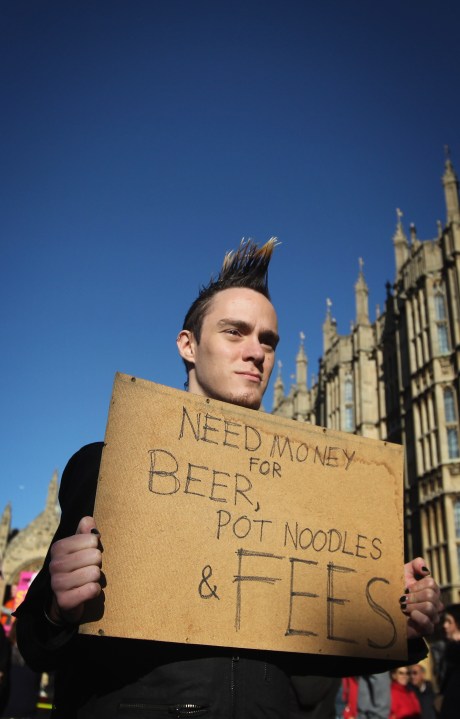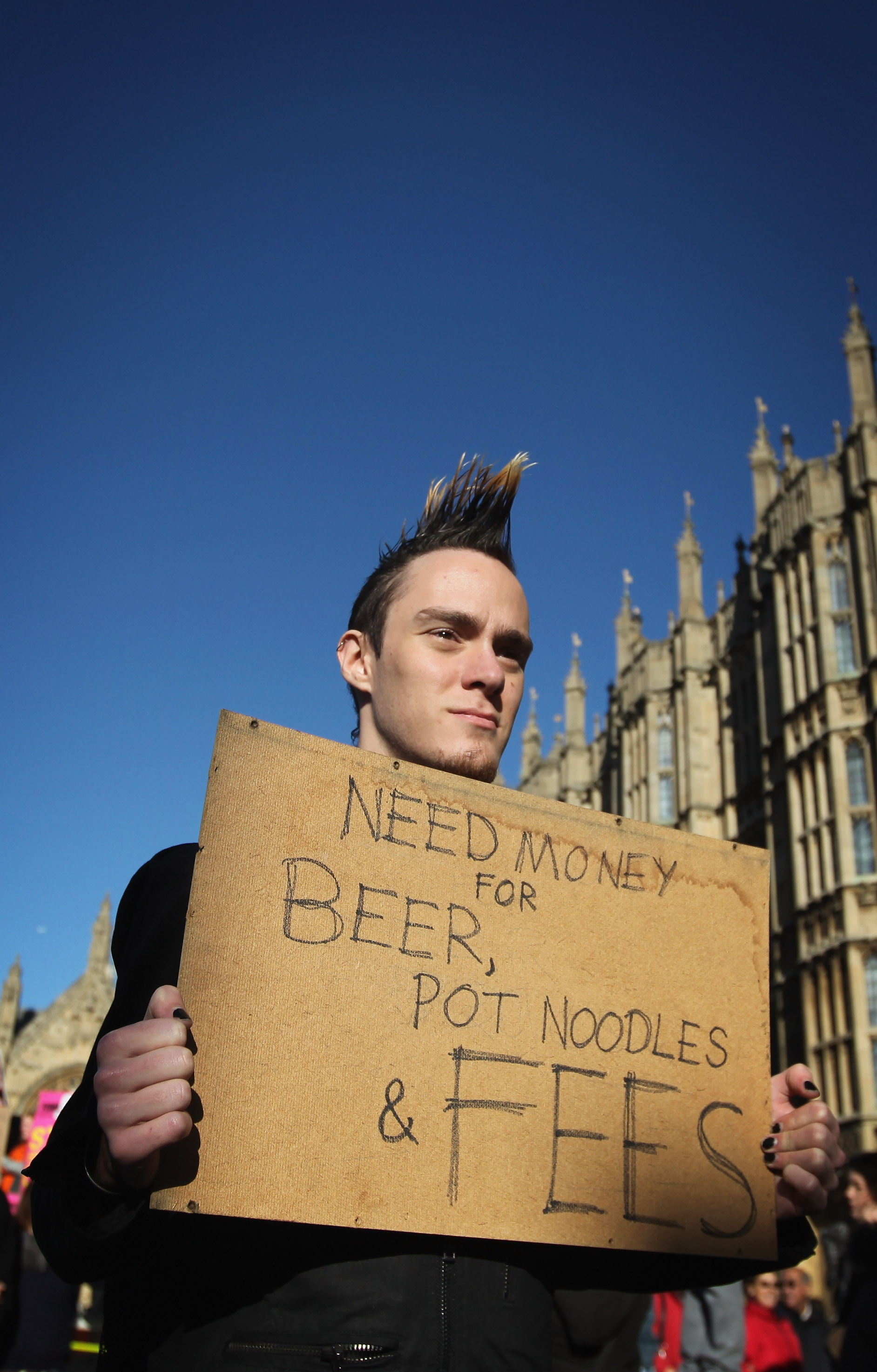 With an uncanny sense of timing, the latest annual British Social Attitudes Survey suggests that the “conflicts of the future may be between today’s
young and their parents’ generation.” And the thinking behind this conclusion? Simple: that, in so many ways, young people have never had it so good as the babyboomers did. From tuition fees
to house prices, those born after 1975-80 have always tended to fall on the less favourable side of the divide – and that has, in turn, fuelled the sense of injustice that we saw erupt onto
the streets last week. As the report puts it:
With an uncanny sense of timing, the latest annual British Social Attitudes Survey suggests that the “conflicts of the future may be between today’s
young and their parents’ generation.” And the thinking behind this conclusion? Simple: that, in so many ways, young people have never had it so good as the babyboomers did. From tuition fees
to house prices, those born after 1975-80 have always tended to fall on the less favourable side of the divide – and that has, in turn, fuelled the sense of injustice that we saw erupt onto
the streets last week. As the report puts it:
This shouldn’t be a surprise to anyone in politics, not least because the trends have been closely observed and catalogued over the last five years or so. My former employers at Reform coined the epithet “IPOD Generation” for those aged between 18 and 34: Insecure, Pressurised, Over-taxed and Debt-ridden. And others have developed that theme, including one government minister and one Spectator writer. There is also a rich vein of literature coming out of America, including the very worthwhile work of Anya Kamanetz, which I have recommended before now. The blurb on the back of her latest book, DIY U, may as well have been written in response to recent events over here.“As home ownership becomes less accessible to the young, the ending of the retirement age poses challenges for youth employment, and the costs of higher education become punitive, it remains quite plausible that the fault lines of age could become increasingly well defined. The current financial austerity might even serve to deepen these fault lines especially if they are accompanied by a stronger discourse of age inequality and an accompanying set of policy demands from different groups.”
More surprising is that politicians have done so little to help this generation – choosing, on the whole, to burden them with new taxes and greater debts. Their calculation appears to be that there are no votes in the young, so why bother courting them? But I have always prefered to see it in terms of untapped voters, waiting for someone to speak out on their behalf. Life may not be all bad for these potential voters (this is, after all, the era of iPod as well as IPOD; of laptops, lattes and Facebook), but they have also been afflicted by deep political and economic problems. Putting aside the unpardonable elements of last week’s protest, the coalition might care to think more about how it can heal the intergenerational divide.







Comments